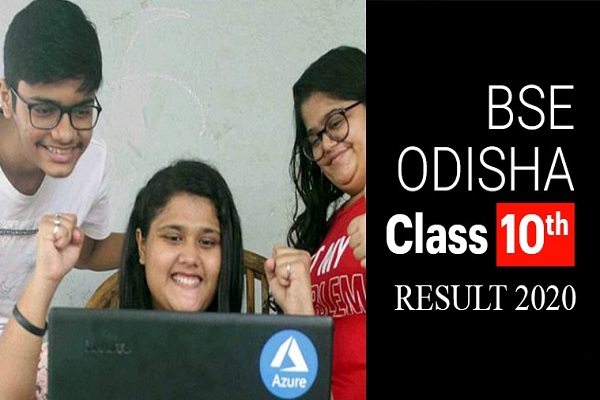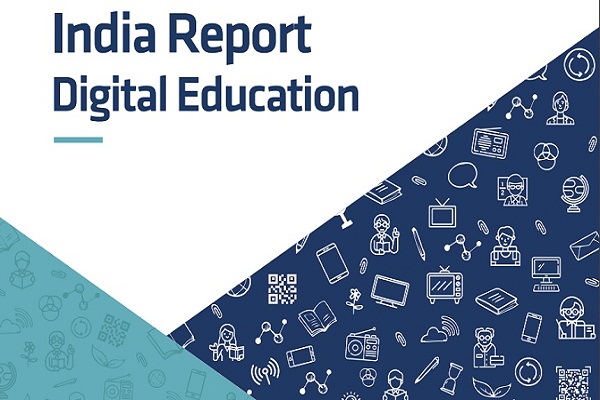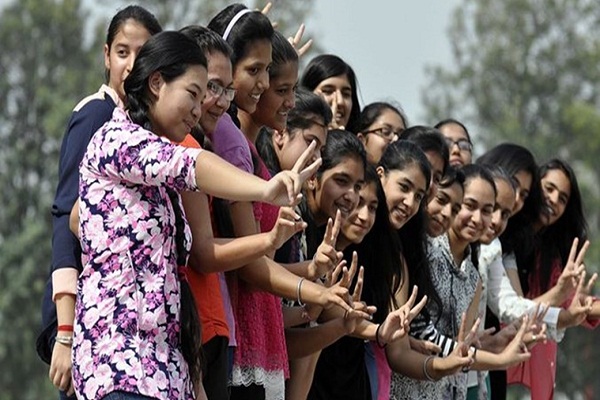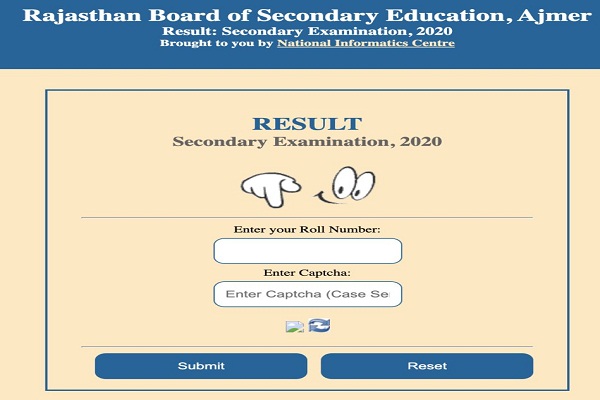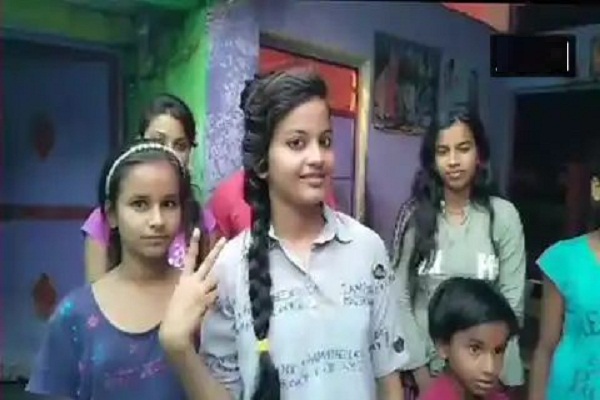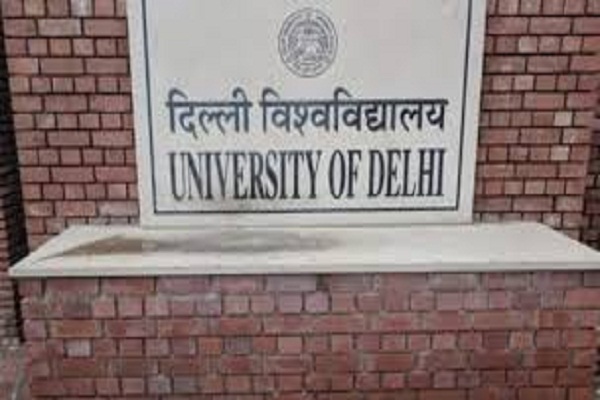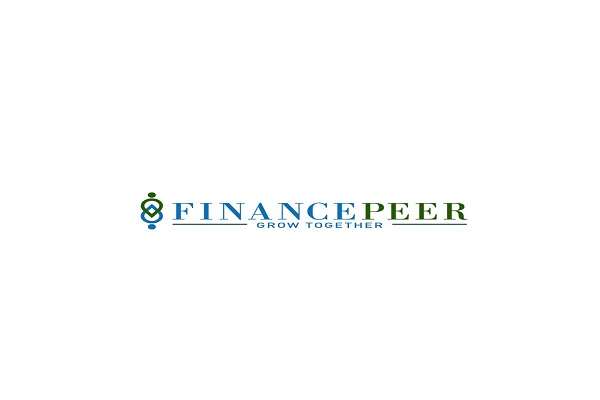Putting an end to the long wait of nearly 5.5 lakh students, the BSE Odisha announced the Odisha Matric Results 2020 for Class 10 students. State education minister Samir Das, released the results during a press meet. Students have been waiting patiently for the declaration of the BSE Odisha Results 2020. The Odisha 10th Results 2020 for Matric Exam will be available to the students via official website bseodisha.ac.in and orrisaresults.nic.in.
Around 4.21 lakh students have cleared the exam and the pass percentage is 78.76 this year.
Also read: Odisha Board cancels Class 12 pending exams
Steps to know the Odisha 10th Class Results 2020:
-Visit the official site – orrisaresutls.nic.in
-Click on Link for BSE Odisha Annual H.S.C Result
-Enter exam roll number and other details asked on the page
-Verify the details and submit them on the website
-BSE Odisha Matric Results 2020 scorecard will be displayed







